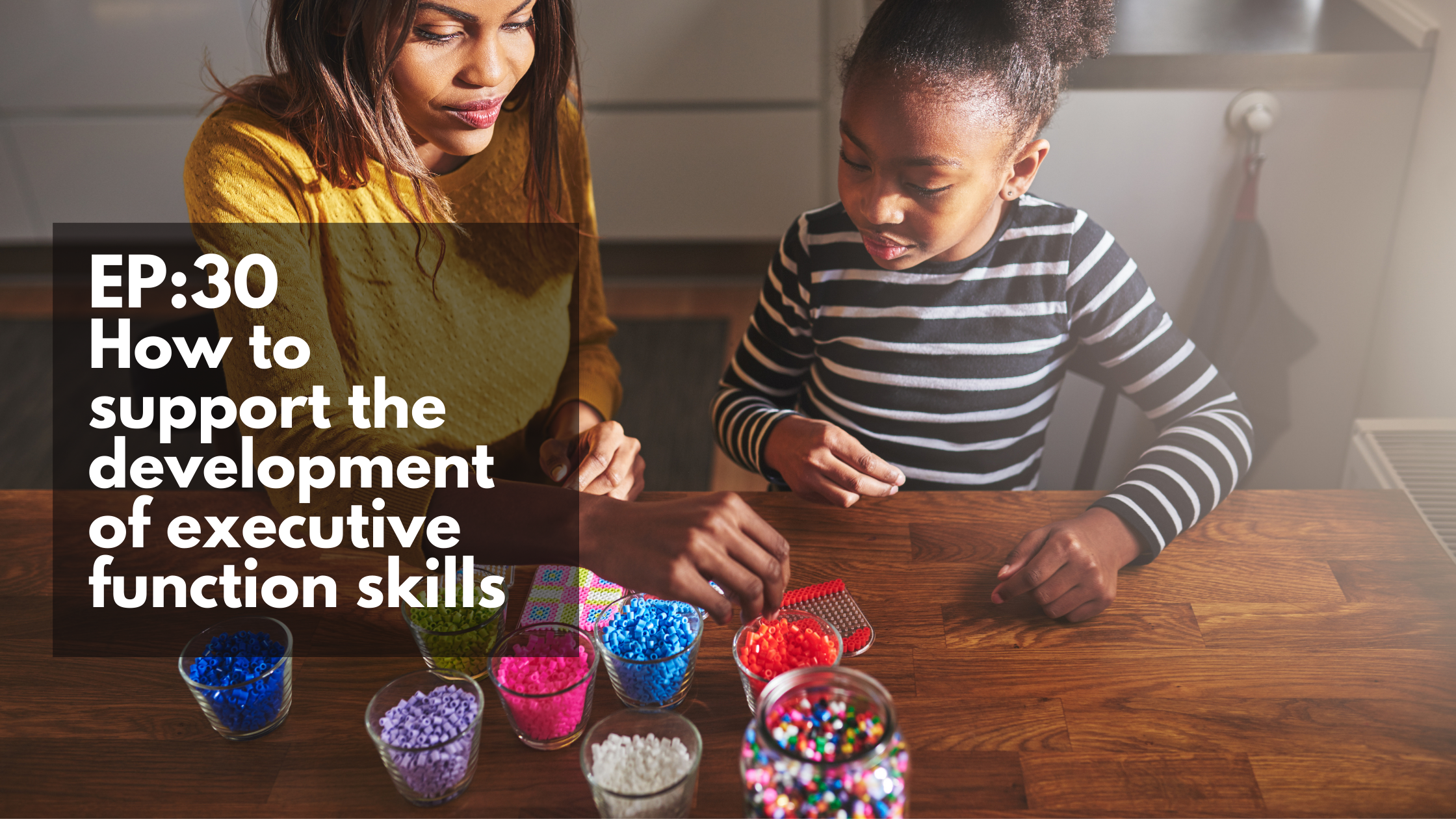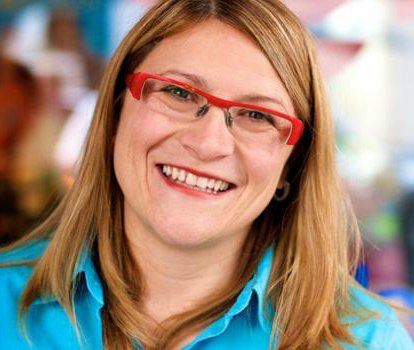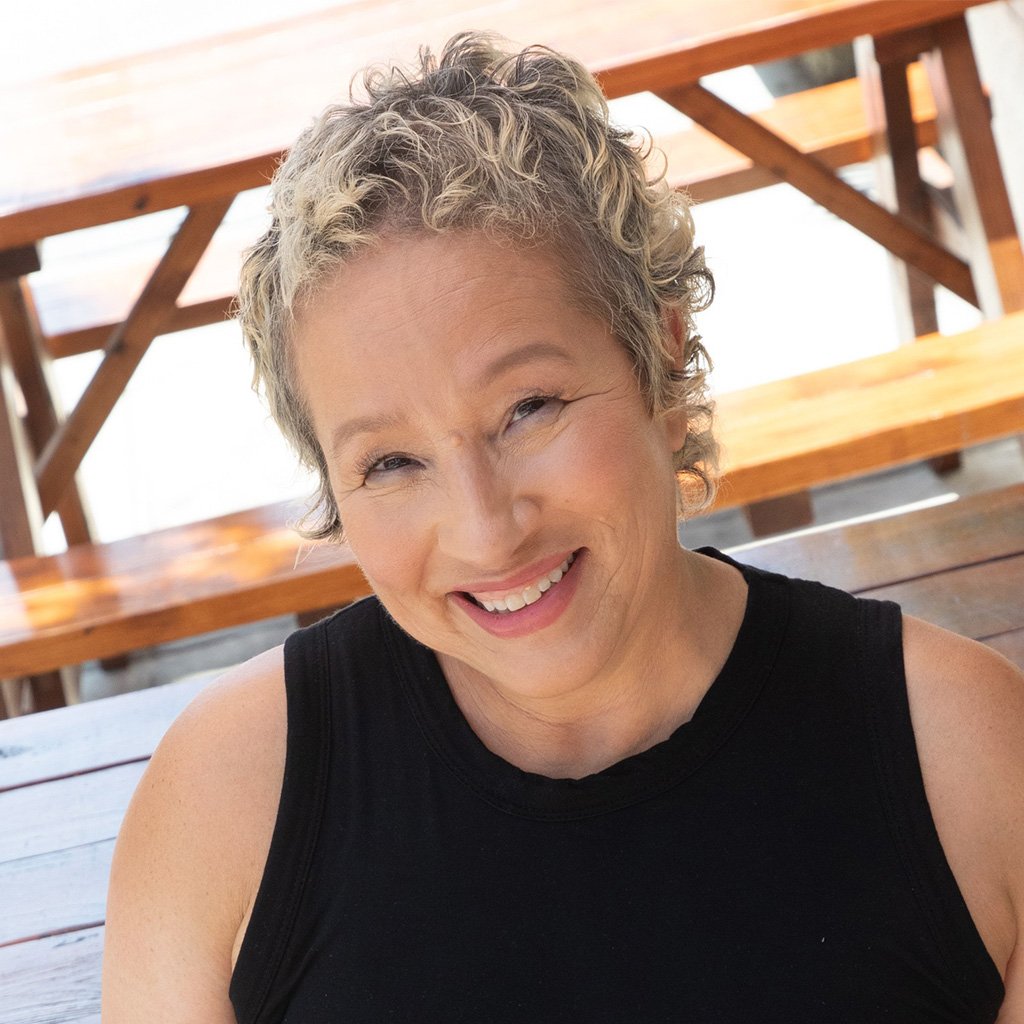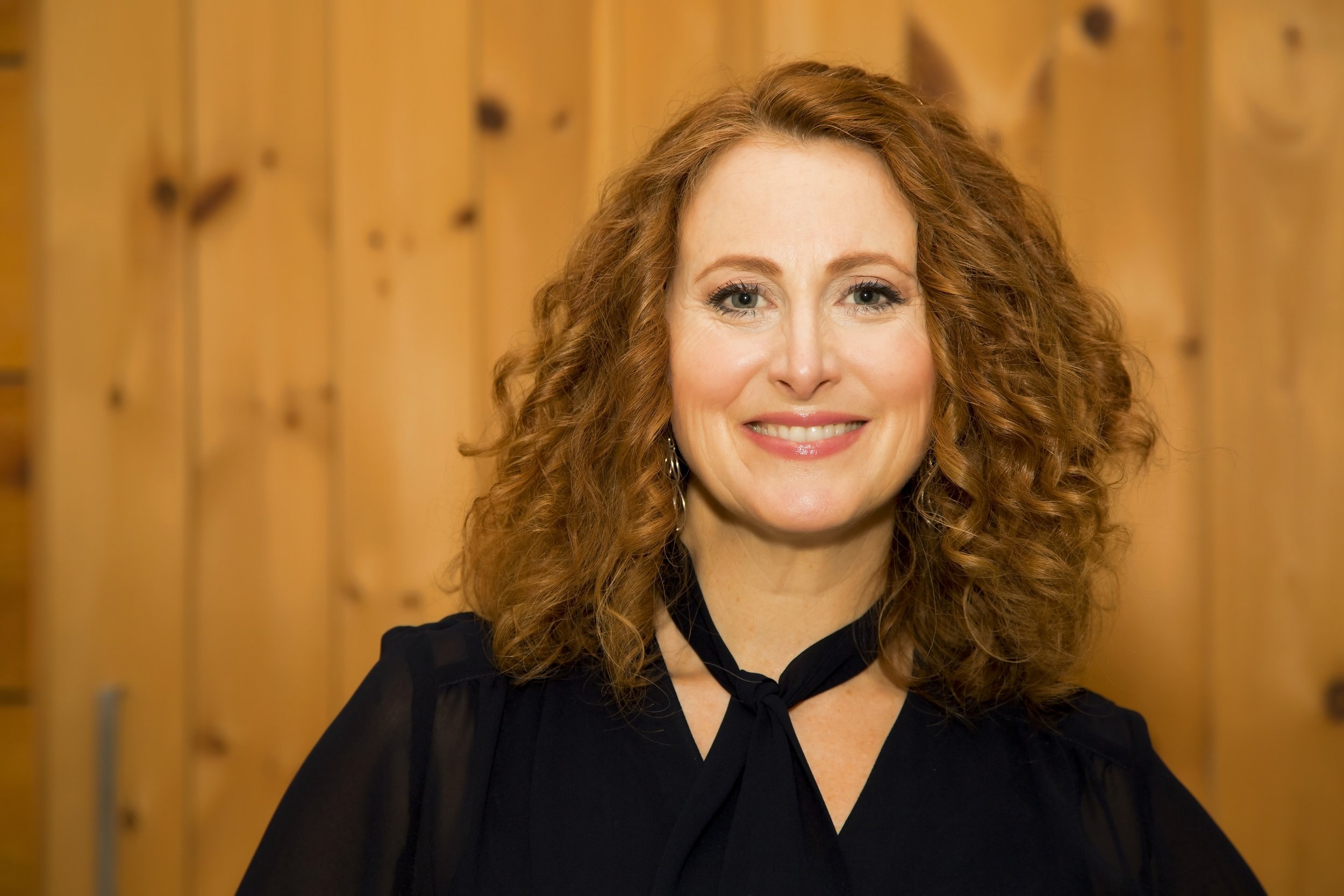Host: Cindy Hovington, Ph.D.
Co-Host: Marion VanHorn, Ph.D.
Guest: Dr. Aliza Pressman
Bio: Dr. Aliza Pressman received her Ph.D. in developmental psychology from Columbia University Graduate School of Arts and Sciences. She is certified in parent management training from the Yale Parenting Center and a clinical instructor at the Icahn School of Medicine at Mount Sinai. She is also the co-founder of the SeedlingsGroup, a New York City and Los Angeles parent education group that uses evidence-based research and information to educate and guide families about their developing children. Dr. Pressman is known for her podcast, Raising Good Human’s, which aims to make the journey of being a parent less overwhelming and a little more joyful!
(Adapted from her bio at the Mont Sinai website)
Summary:
What are executive functions skills, and how can parents support their child’s executive skills development? How to identify a problem in your child’s executive skills development? How can you help them overcome challenging skills if they are struggling? How can parent’s own challenges with executive functions affect their child? Does becoming a parent affect your executive function skills? Is “baby brain” a real thing? Join us as we chat about executive functions skills development with Dr. Aliza Pressman, developmental psychologist, parenting management trainer, and host of the popular podcast “Raising Good Humans”.
Key points
How to support your child’s executive function skills development
-
There are many things you can do at home to help your child’s brain development (for free!):
-
As the baby is learning object permanence (6-9 months), play pick-a-boo with them. This helps them to better deal with separation.
-
Put things out of reach so they can learn how to reach
-
Do back and forth “conversations” with the baby to teach them how language works from an early age
-
Put the music on and dance with your toddler, play “freeze” to help with impulse control
-
Play “Simon says”
-
-
House tasks also can help with executive functions development (e.g. helping to sort laundry, sharing with them a list of “to do’s” for the day, and ask them later to recall)
-
Some things parents feel guilty about doing or not doing actually burst executive function development:
-
setting boundaries
-
naming their negative feelings instead of immediately “solving” them
-
helping them to deal with lost objects
-
asking them to help with home chores
-
helping at the grocery store
-
Modeling is very important to teach executive functions to your child – they will do what they see you doing
-
You don’t need to “hide” your problems from them – letting them know that you also need to get organized, struggle to remember things sometimes and use strategies to do tasks is useful for them
-
If you have an older child and just learned about executive functions: no need to feel guilty about it. You can always start now, and there’s still time to help your child’s development
If your child is struggling with executive functions skills
-
Remember that everybody has a little bit of executive function “deficit” until their brain is fully developed
-
Sometimes a perceived “deficit” can be just a temperament trait
-
Ask yourself: is this “deficit” affecting my child in more than one setting (Just school? Just home? With friends?)? Is it something I notice but other people don’t? Is it dangerous (is your child getting physically hurt because of this difficulty) or is it just annoying (to you)?
-
Difficulties that affect more than one setting and are evident to others can be a red flag, but if it is just with you it can be just a discipline issue
-
Sometimes they just mean that skills need more time and extra practice to get fully developed
-
It is never bad for a child to exercise their executive functions no matter how developed they already are
-
Executive functions are based on a part of a brain that is not fully developed until we are between 18-26 years old
-
Having trouble with executive functions skills is a hallmark of ADHD and sometimes autism, but it is important to remember it is also normal in children that will not have a diagnosis
-
You can help your child to deal with their executive function difficulties by teaching them useful strategies and tools (organizing, color coding, how to take notes, self-talk, and self-reflection, etc.)
-
Executive functions skills are directly related to emotional regulation
-
Sometimes children need more than a reminder to do something – they need the tools (and the time) to learn what you expect from them
Managing your expectations about your child’s development
-
The young brain needs time to process, learn and remember things that the adult brain already knows how to do
-
That’s why sometimes your child cannot remember everything you said, or do things as fast as you
-
Support them when they don’t know what to do, but let them try first
-
Scaffolding (a teaching method) means ” letting a child take over steps of a task they are capable of doing and help only in the steps they need help with (e.g. making “bunny years” so they can finish tying their shoelaces)
-
When they can do the task from start to finish, step out and let them do it – even if it’s still not perfect or as fast as you’d like to
-
Sometimes is ok to just sit back and let your child development unfolds
-
Stress and executive functions development
-
All the “lights” of readiness to learn go off in a stressful situation
-
When kids are pressured or stressed their brains cannot learn properly
-
Teach your child to have a “passcode” to deactivate their “stress alarm” when they need to calm down and focus (e.g. five deep breaths, sing a song they love, a mantra, anything that helps you to get out of that headspace)
-
Some kids take much longer to learn a skill than we’d like to (e.g. learning how to tie shoelaces) – try not to be rushed by their slow advancement, their brain is not going as quickly as ours yet
-
If you rush them they cannot focus on learning
Parents’ executive functions skills and difficulties
-
The three biggest moments of growth in our lives are: from 0-3 yo, adolescence, and the onset of parenting
-
Brains of new parents (biological or not) are affected by the experience of parenting
-
The “pregnancy brain” is just a “resource management brain” – it focuses on what is important right then (e.g. taking care of a living human is more important than knowing where the car keys are)
-
The “pregnancy brain” brings advantages and disadvantages but all the changes are there so you can make new connections to be a better parent
-
Ways for parents to work on their own executive functions skills if they feel the need to:
-
playing board games and chess
-
reading books about it
-
assigning for a mindful class,
-
looking for therapy to deal with emotional aspects of executive functions challenges
-
-
After 25 yo executive functions development starts to slow down, but keeping yourself active (e.g. using your brain constantly and challenging yourself) is a good way to exercise brain plasticity and maintain good executive functions skills
-
There is an association between parents with executive functions challenges and children with executive functions challenges, but the opposite is also true: parents who work on their executive functions challenges will help their children to improve on their own
Take-home messages:
-
Executive functions skills are something we have to be mindful of, but it does not have to be hard or costly to implement
-
Practice can be part of the daily activities of your family
-
You can create simple little games that will get more complex as your child acquire the skills
-
Once you are aware of executive functions you will be able to identify often what activities are good for training it
-
Being an attentive, attuned caregiver helps your child feels safe to develop and explore
-
It is never too late to help your child improve their executive functions skills
-
As long as you offer support and consistency, you can trust your child’s brain is going to develop as they need and at their own pace
Resources
-
Executive Functions resources from Havard’s website for the developing child
-
The Raising Good Humans Podcast



















